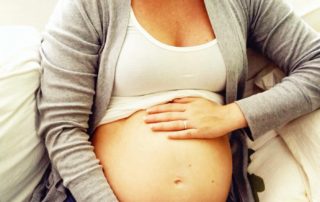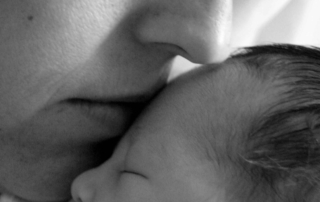Do SSRIs Increase the Risk of Preeclampsia?
Hypertension in pregnancy is generally defined as a diastolic blood pressure of 90 mm Hg or greater or a systolic pressure at or above 140 mm Hg. Preeclampsia is defined as the development of hypertension with proteinuria or edema induced by pregnancy, generally in the second half of gestation. It is more common in women who have not carried a previous pregnancy beyond 20 weeks and in women at the extremes of the reproductive years.









